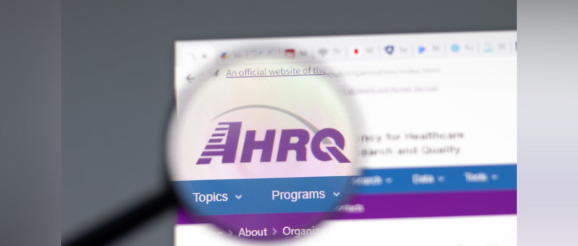Grants to Support Professional Development in Building Learning Health Systems | Healthcare Innovation

The Agency for Healthcare Research and Quality (AHRQ) and the Patient-Centered Outcomes Research Institute (PCORI) are seeking to support centers for professional development of scientists to conduct research that accelerates progress toward an integrated learning health system.
The Learning Health System Embedded Scientist Training and Research (LHS E-STaR) Centers will build new models of LHS infrastructure that:
• strengthens institutional research training in patient-centered outcomes research (PCOR) and clinical effectiveness research (CER);
• enhances diversity in the LHS research workforce;
• strengthens partnerships with community partners and health system and other stakeholders; and
• conducts patient-centered clinical comparative effectiveness research projects to improve health system operations, quality, and health outcomes.
Programs applying for the grants are expected to prepare clinician and research scientists for independent research careers in PCOR/CER and equip them to advance the field through their training and scholarship as the next generation of Learning Health System Scientists and to support PCOR/CER and dissemination, implementation, and use of research findings.
AHRQ defines a Learning Health System (LHS) as a health system in which internal data and experience are systematically integrated with external evidence, and that knowledge is put into practice. The goal of these systems is for patients to receive higher quality, safer, and more efficient care, and health care delivery organizations become better places to work. In a learning health system model, both institutional and clinical practice partners are actively engaged and participate in the generation, adoption, and application of evidence. An LHS scientist is an individual who is embedded within a health system and collaborates with its stakeholders to produce novel insights and evidence that can be rapidly implemented to improve the outcomes of individuals, populations, and health system performance.
In 2018, AHRQ and PCORI funded 11 institutions to support the training of embedded researchers to conduct PCOR/CER within LHS, producing embedded LHS scientists. A core component of the LHS training programs was the implementation of AHRQ-developed core competencies for training PCOR/CER professionals to become LHS scientists.
The LHS E-STaR program will be structured to support training and PCOR/CER organized around shared resources and research infrastructure within each of the LHS E-STaR Centers. In this model, Centers will be able to use and pool knowledge of mentors to develop the didactic curriculum and learn from one another as they share their experiences in helping scientists to navigate their way through successful LHS projects. One goalo of this approach is to produce a cadre of LHS scientists, LHS mentors, and rapid learning projects that can accelerate advances in knowledge, health system performance, and patient outcomes.
AHRQ and PCORI said the benefit of supporting multiple institutions is that it broadens the pool of potential expertise beyond what is typically available at a single institution. Because the aim of the LHS model is to learn through rapid testing and iteration to ultimately scale research that engages health system, community partners, and others, the program will support learning among diverse sites and partners. The hope is that this approach will contribute to more rapid growth in the number and diversity of individuals, as well as organizations, capable of successfully working at the interface of clinical operations, informatics and PCOR/CER.
